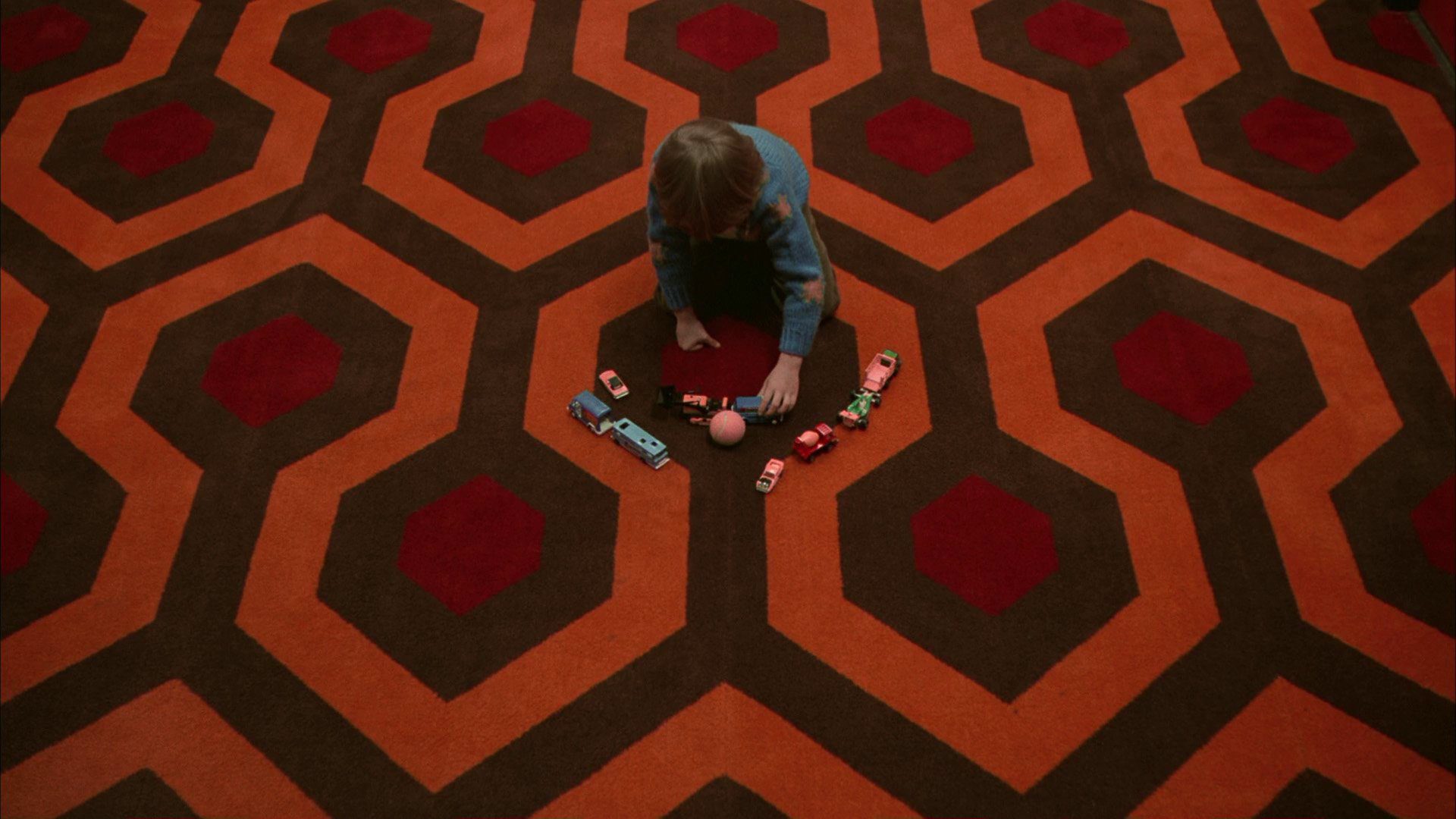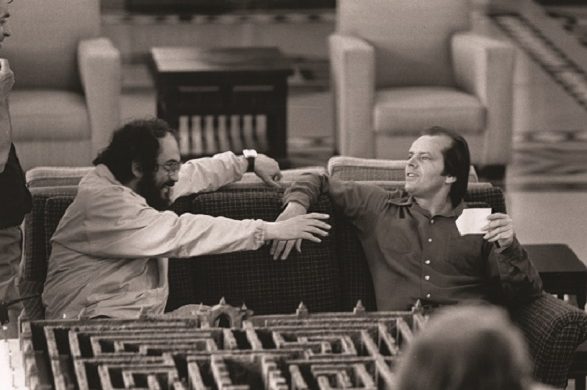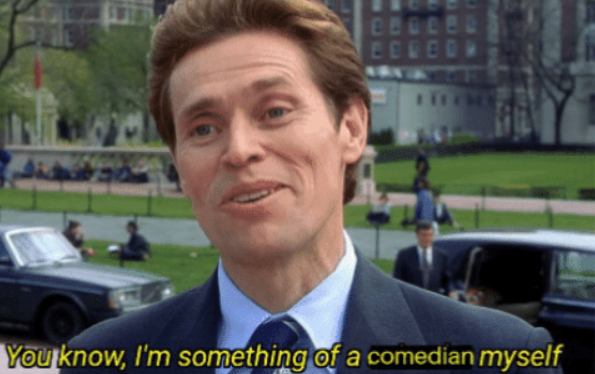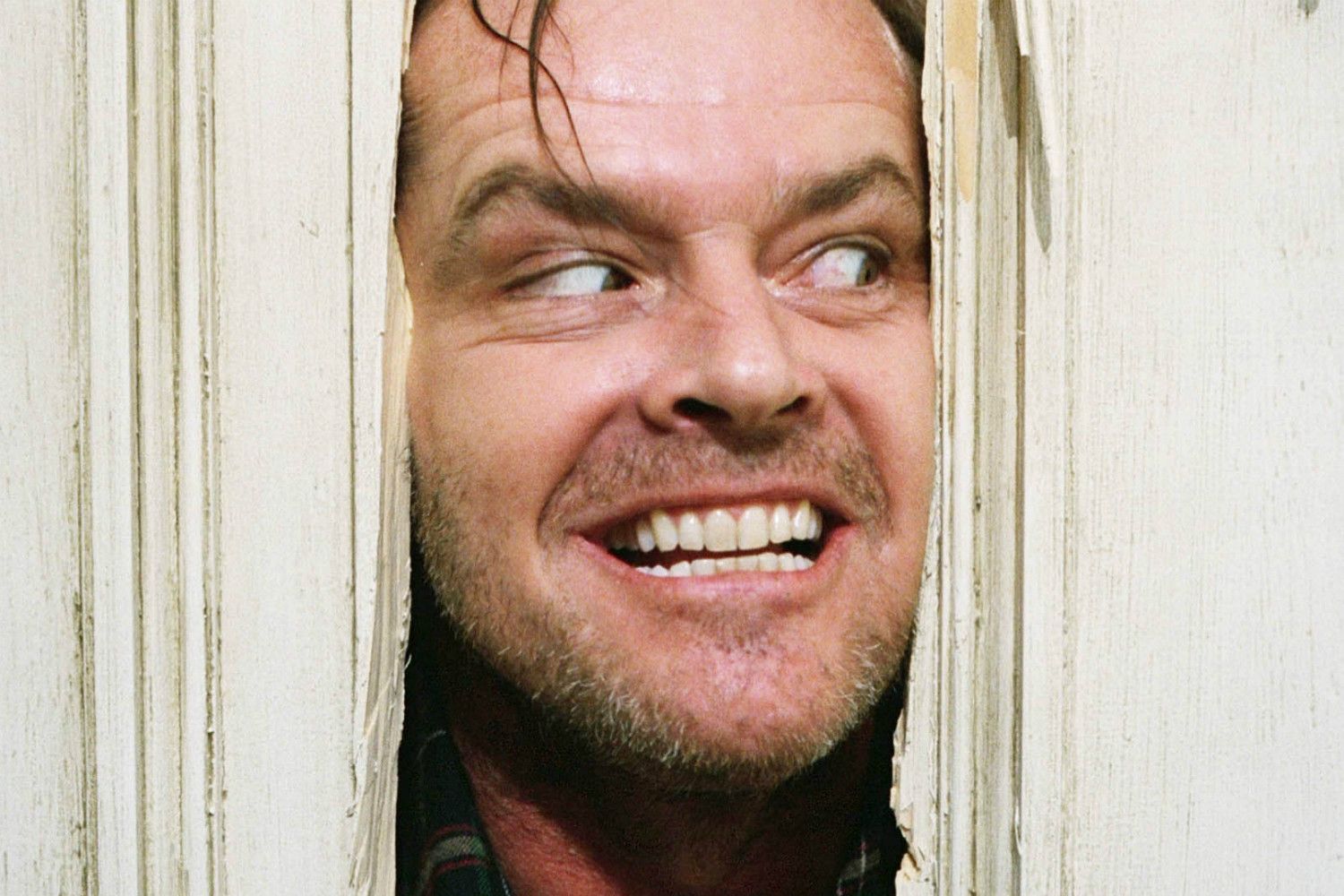“I’m sorry to differ with you sir, but you are the caretaker. You’ve always been the caretaker. I should know, sir – I’ve always been here”
For Halloween this year, I decided to watch Stanley Kubrick’s acclaimed horror The Shining.
What better time to finally watch the cult classic than on Halloween, coincidentally also the day of the release of its sequel, Doctor Sleep – at least to Irish audiences.
Accompanied by my equally uncultured girlfriend and a lovely double pack of chocolate digestives, I pressed play and studied every frame of this film for the next 144 minutes.
Needless to say, Kubrick’s film is a masterpiece and possibly the best horror that I’ve seen thus far.
The Shining revolves around writer Jack Torrance (Jack Nicholson) and his family – his wife, Wendy (Shelley Duvall) and son Danny (Danny Lloyd).
Jack accepts a caretaker job at the Overlook Hotel, where he hopes to write his next book.
The family must stay isolated from the world for the winter, however, this isolation proves to be detrimental.
Kubrick’s direction in this helps Jack Nicholson bring to the screen one of the best performances of his career.
Nicholson paints Torrance as a man seemingly on the edge, in the beginning, waiting for that little push.
As Torrance slips into madness, we can’t help but fear what he will do.
Already, that’s one thing accomplished for a horror – you fear him because you believe his descent is real.

Shelley Duvall is more hit and miss in this picture.
Her infamous feud with Kubrick during the shooting of the film, due to Kubrick always cutting her lines, led to her seemingly not caring at times – a polar opposite to Nicholson, who seemed hellbent on making the project what it is today.
The writing is magnificent, providing backstory without the need for exposition while also leaving the audience to figure out what is happening in some scenes.
Stephen King is the most famous critic of the film, mainly due to the fact that Kubrick and Diane Johnson changed his original script so much that it is nothing like the source material.
King famously described the film as “A big, beautiful Cadillac, with no engine inside it” … I kept my mouth shut at the time, but I didn’t care for it much.”
Looking at some of King’s most recent films, this could have been for the better – films based on his works fluctuate in their reception.
The production design and costumes are a striking wonder in the film.
Bright colours stand out in the shots, providing a focal point for the viewer, and some parts of the set are iconic – the carpet for example.

The obsession with symmetry in multiple shots throughout the film is just brilliant.
Coupled with the tracking shots throughout the film, it helps the tension of the scene to escalate to a new fear and instill dread and curiosity into the audience, essentially letting us see only what the characters in the shot see.
The camera work itself is phenomenal, symmetry aside. When I think of the exceptional camerawork in this film, I think of the famous “Here’s Johnny!” scene, where the camera moves with Jack’s axe. Such brilliant filmmaking is truly a sight to behold.

John Alcott’s cinematography is way ahead of its time in this. Some shots, namely the scenic shots, would have a solid case if they showed up in a modern cinematography montage.
Beautiful shots are everywhere in this film, with Kubrick mixing all the aforementioned designs and camera work together to immerse you into the setting of the Overlook Hotel.
Not once do you ever feel like you couldn’t possibly be there.
I’m sitting here wondering how critics didn’t take to this when it released.
It’s not filled with lacklustre jump scares, every scene has a sense of dread even if nothing comes from it, and the music, composed by Wendy Carlos and Rachel Elkind, is ominous.
Not once does the music succumb to the generic horror trope of heightened volume when a jump scare happens.
As the movie progresses, the audience are sunk deeper into the world of the Overlook Hotel, bearing witness to strange things. I couldn’t help but marvel at the way it was all done, so meticulously crafted.

By the end, I was left satisfied in the knowledge that the film had lived up to my high expectations.
Kubrick created an iconic horror, one not filled with run-of-the-mill scares, one-dimensional characters and overambitious plot twists but one with a fleshed-out family and some smart writing, a thriller of sorts.
I was also left hyped for Mike Flanagan’s sequel, even though I know it will never be as good as this.
Stanley Kubrick was one of cinema’s greatest. This film is a shining example of that greatness.

![]()


